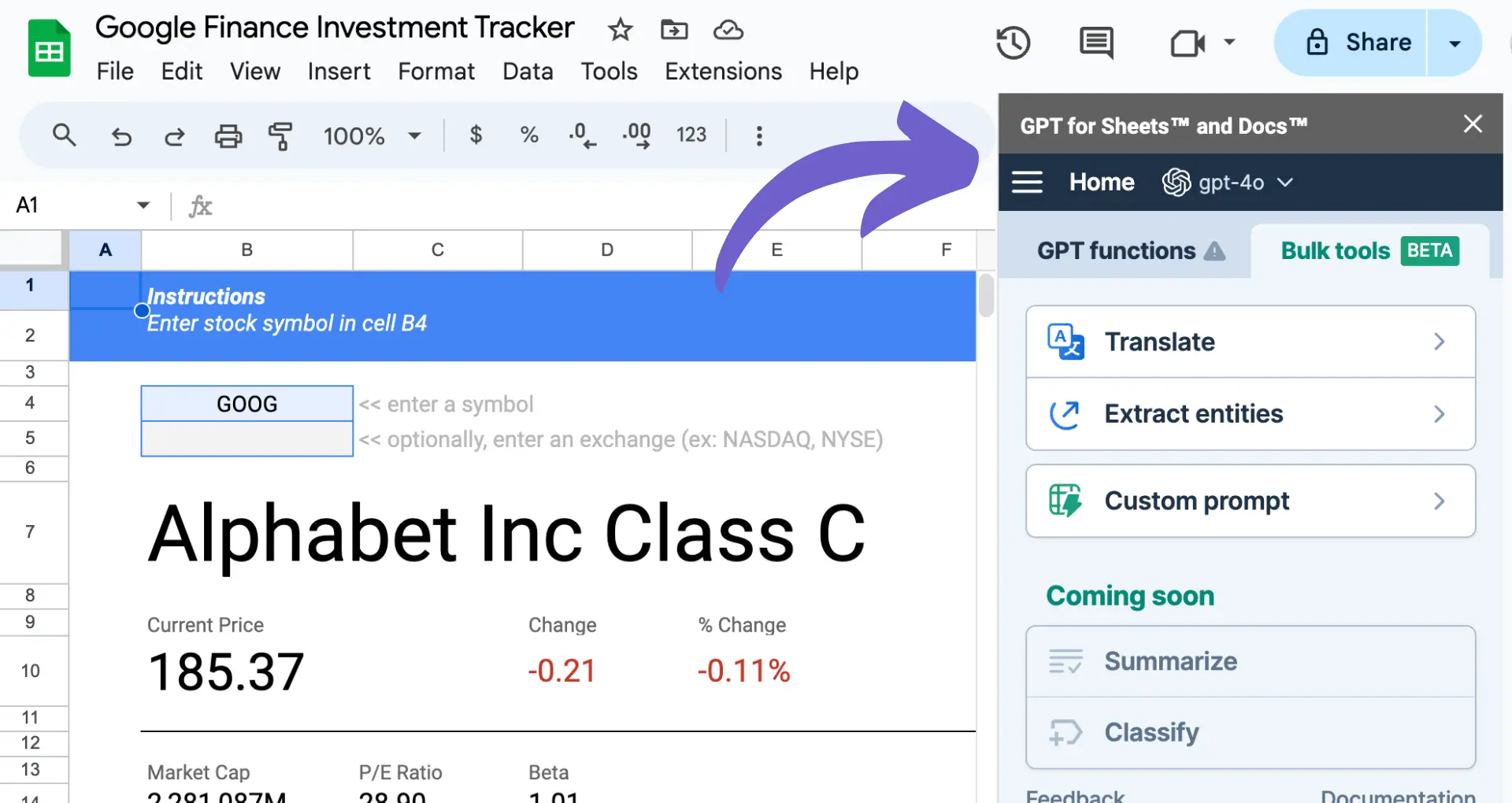





Are you ready to skyrocket your B2B sales career? Corporate sales is a challenging yet rewarding field that requires a unique set of skills and strategies. In fact, high-growth companies are 37% more likely to use inside sales as their primary sales strategy.
In this comprehensive guide, we'll dive deep into the world of corporate sales, exploring the fundamentals, key strategies, essential skills, and critical metrics for success. Whether you're a seasoned pro or just starting out, this step-by-step roadmap will help you navigate the complex landscape of selling to businesses and close more deals than ever before.
So, grab a coffee, sit back, and get ready to learn everything you need to know about mastering the art of corporate sales!
Corporate sales involves selling products or services from one business to another, focusing on larger transactions, longer sales cycles, and complex decision-making processes. It requires building strong relationships, providing personalized solutions, and delivering exceptional post-sales support.
Corporate sales, also known as business-to-business (B2B) sales, refers to the process of selling goods or services from one company to another. Unlike business-to-consumer (B2C) sales, corporate sales target businesses, institutions, or organizations rather than individual consumers.
Key characteristics of corporate sales include larger transaction sizes, longer sales cycles, and more complex decision-making processes involving multiple stakeholders.
The typical corporate sales cycle consists of several stages:
Each stage requires a tailored approach and strong communication skills to effectively guide the client through the sales process.
Building strong relationships and establishing trust with corporate clients is crucial for success in B2B sales. This involves understanding the client's unique needs, providing value-added solutions, and maintaining open communication throughout the sales process and beyond.
Using lead enrichment strategies helps foster long-term partnerships and recurring business opportunities.
Corporate purchasing decisions often involve multiple stakeholders, including decision makers, influencers, and end-users. Identifying and engaging with these key individuals is essential for navigating the complex decision-making process.
Understanding each stakeholder's role, priorities, and pain points allows sales professionals to tailor their approach and address specific concerns effectively.
The fundamentals of corporate sales revolve around understanding the unique characteristics of B2B transactions, building strong relationships, and navigating complex decision-making processes. In the next section, we'll explore key strategies for successful corporate sales.
Effective corporate sales strategies focus on deeply understanding the customer's business, communicating value, navigating complex organizational structures, and nurturing leads over time. By tailoring your approach to each prospect's unique needs and challenges, you can build trust, demonstrate expertise, and ultimately close more deals.
To succeed in corporate sales, you must thoroughly understand your customer's industry, company, and specific pain points. Research their business model, competitive landscape, and key challenges they face. This knowledge allows you to position your product or service as a valuable solution tailored to their needs.
For example, if you're selling marketing automation software, learn about your prospect's current marketing processes, team structure, and goals. This insight will help you highlight how your solution can improve efficiency and drive better results.
In corporate sales, it's crucial to articulate how your offering delivers tangible value and ROI. Avoid focusing solely on features and instead emphasize the benefits and outcomes your solution provides.
Use Bardeen to automate your prospecting process and save time on repetitive tasks.
Develop clear, compelling value propositions that resonate with each stakeholder's priorities. For instance, when selling to a CFO, focus on cost savings and revenue growth potential. When engaging with IT decision-makers, highlight security features and seamless integration capabilities.
Corporate sales often involve multiple decision-makers and influencers, each with their own objectives and concerns. Map out the organizational structure and identify key stakeholders early in the sales process.
Tailor your approach to each person's role and priorities. Engage with champions who can help you navigate the organization and build consensus. Leverage tools like account maps and buyer personas to keep track of complex relationships and decision-making processes.
Corporate sales cycles are often lengthy, requiring patience and persistent follow-up. Develop a lead nurturing strategy that keeps prospects engaged throughout their buying journey.
Provide valuable content, insights, and resources that address their evolving needs and challenges. Stay top-of-mind through regular touch points, such as personalized emails, phone calls, and social media interactions. Be prepared to adapt your approach as the prospect's priorities and timeline shift over time.
Successful corporate sales strategies prioritize deep customer understanding, clear value communication, organizational navigation, and patient lead nurturing. In the next section, we'll explore the essential skills corporate sales professionals need to thrive. Learn more about buying signals in sales to enhance your approach.
To excel in corporate sales, professionals must develop a diverse set of skills that enable them to build relationships, communicate value, and navigate complex organizational structures. Strong communication and presentation abilities, in-depth product and industry knowledge, and a focus on relationship-building and networking are all crucial for success in this field.
Effective communication is the foundation of successful corporate sales. Sales professionals must be able to articulate their thoughts clearly and persuasively, both in writing and verbally. This includes crafting compelling emails, delivering engaging presentations, and adapting their communication style to different audiences.
For example, when presenting to C-level executives, salespeople should focus on high-level business outcomes and ROI, while conversations with end-users may require a more technical, feature-focused approach.
To build credibility and trust with potential customers, corporate sales professionals must possess a deep understanding of their products and the industries they serve. This knowledge enables them to ask relevant sales discovery questions, identify pain points, and position their solutions effectively.
Salespeople should continually educate themselves on industry trends, competitive landscapes, and customer challenges. Attending conferences, reading trade publications, and engaging with subject matter experts can help deepen their expertise.
In corporate sales, relationships are key. Sales professionals must be skilled at building rapport, establishing trust, and cultivating long-term partnerships with clients. This requires strong interpersonal skills, empathy, and a genuine interest in understanding and solving customer problems.
Networking is also crucial for success in corporate sales. Attending industry events, participating in professional associations, and leveraging social media can help salespeople expand their networks and uncover new opportunities.
Corporate sales can be challenging, with long sales cycles, complex decision-making processes, and frequent rejections. To thrive in this environment, sales professionals must develop resilience, persistence, and a positive attitude.
Adopting a growth mindset – viewing challenges as opportunities to learn and improve – can help salespeople stay motivated and adaptable in the face of adversity. Seeking feedback, learning from failures, and continuously refining their approach are all hallmarks of successful corporate sales professionals.
Mastering communication, developing deep expertise, building strong relationships, and cultivating resilience are essential skills for corporate sales success. In the next section, we'll explore how to measure sales performance and identify key metrics to track.
Measuring sales performance is crucial for driving growth and making informed decisions. Corporate sales teams rely on a variety of metrics and key performance indicators (KPIs) to gauge their success and identify areas for improvement.
From revenue and win rates to sales cycle length, these quantifiable data points provide valuable insights into the health and effectiveness of a company's sales efforts. By regularly monitoring and analyzing these metrics, sales leaders can optimize processes, allocate resources effectively, and ensure their team is on track to meet or exceed targets.
Revenue is the ultimate measure of sales success. Tracking total revenue, as well as revenue by product, service, or customer segment, helps companies assess their overall financial performance and identify their most profitable offerings.
Monitoring revenue trends over time allows sales leaders to spot growth opportunities, adjust strategies, and forecast future performance. Revenue metrics such as monthly recurring revenue (MRR) and annual contract value (ACV) are particularly important for businesses with subscription-based models.
Win rate, or the percentage of opportunities that result in closed deals, is a critical indicator of sales effectiveness. A high win rate suggests that a company's sales process, messaging, and team are successfully converting leads into customers.
Tracking win rates by rep, region, or product can help identify top performers, best practices, and areas for improvement. By analyzing the factors that contribute to won and lost deals, sales leaders can refine their approach and drive higher win rates over time.
Sales cycle length measures the time it takes for a lead to progress through the sales funnel and become a customer. Shorter sales cycles generally indicate a more efficient and effective sales process, while longer cycles may signal potential roadblocks or inefficiencies.
By tracking sales cycle length and identifying the stages where deals tend to stall, companies can streamline their process, remove obstacles, and help reps close deals faster. Reducing sales cycle length can lead to increased revenue and improved customer experience.
In addition to traditional revenue and win rate metrics, sales teams should also monitor leading and lagging indicators. Leading indicators, such as the number of qualified leads or scheduled demos, provide early signs of future performance and allow for proactive adjustments.
Lagging indicators, like customer retention and upsell/cross-sell rates, reflect the long-term impact of sales efforts and help companies assess the health of their customer relationships. By tracking a mix of leading and lagging indicators, sales leaders can gain a comprehensive view of their team's performance and make data-driven decisions.
Measuring sales success through carefully selected metrics and KPIs is essential for driving growth, optimizing processes, and achieving corporate sales goals. By leveraging the power of data and continuously monitoring performance, sales teams can stay ahead of the competition and deliver outstanding results.
Use Bardeen to automate your workflow and track your sales KPIs with ease. Spend less time on repetitive tasks and more on strategic decisions.
Thanks for sticking with us through this deep dive into sales metrics! In the next section, we'll explore how regular performance reviews and coaching can help you turn these insights into action and drive even greater success. And remember, without a solid grasp of your sales KPIs, you might end up like a ship without a compass – drifting aimlessly in the sea of business!
Understanding corporate sales is crucial for professionals looking to succeed in this dynamic and challenging field. In this comprehensive guide, we covered:
By mastering these aspects of corporate sales, you'll be well-equipped to drive growth, build lasting relationships, and achieve your professional goals. Remember, without a solid grasp of sales intelligence, you might find yourself struggling to close deals and missing out on valuable opportunities!










SOC 2 Type II, GDPR and CASA Tier 2 and 3 certified — so you can automate with confidence at any scale.
Bardeen is an automation and workflow platform designed to help GTM teams eliminate manual tasks and streamline processes. It connects and integrates with your favorite tools, enabling you to automate repetitive workflows, manage data across systems, and enhance collaboration.
Bardeen acts as a bridge to enhance and automate workflows. It can reduce your reliance on tools focused on data entry and CRM updating, lead generation and outreach, reporting and analytics, and communication and follow-ups.
Bardeen is ideal for GTM teams across various roles including Sales (SDRs, AEs), Customer Success (CSMs), Revenue Operations, Sales Engineering, and Sales Leadership.
Bardeen integrates broadly with CRMs, communication platforms, lead generation tools, project and task management tools, and customer success tools. These integrations connect workflows and ensure data flows smoothly across systems.
Bardeen supports a wide variety of use cases across different teams, such as:
Sales: Automating lead discovery, enrichment and outreach sequences. Tracking account activity and nurturing target accounts.
Customer Success: Preparing for customer meetings, analyzing engagement metrics, and managing renewals.
Revenue Operations: Monitoring lead status, ensuring data accuracy, and generating detailed activity summaries.
Sales Leadership: Creating competitive analysis reports, monitoring pipeline health, and generating daily/weekly team performance summaries.